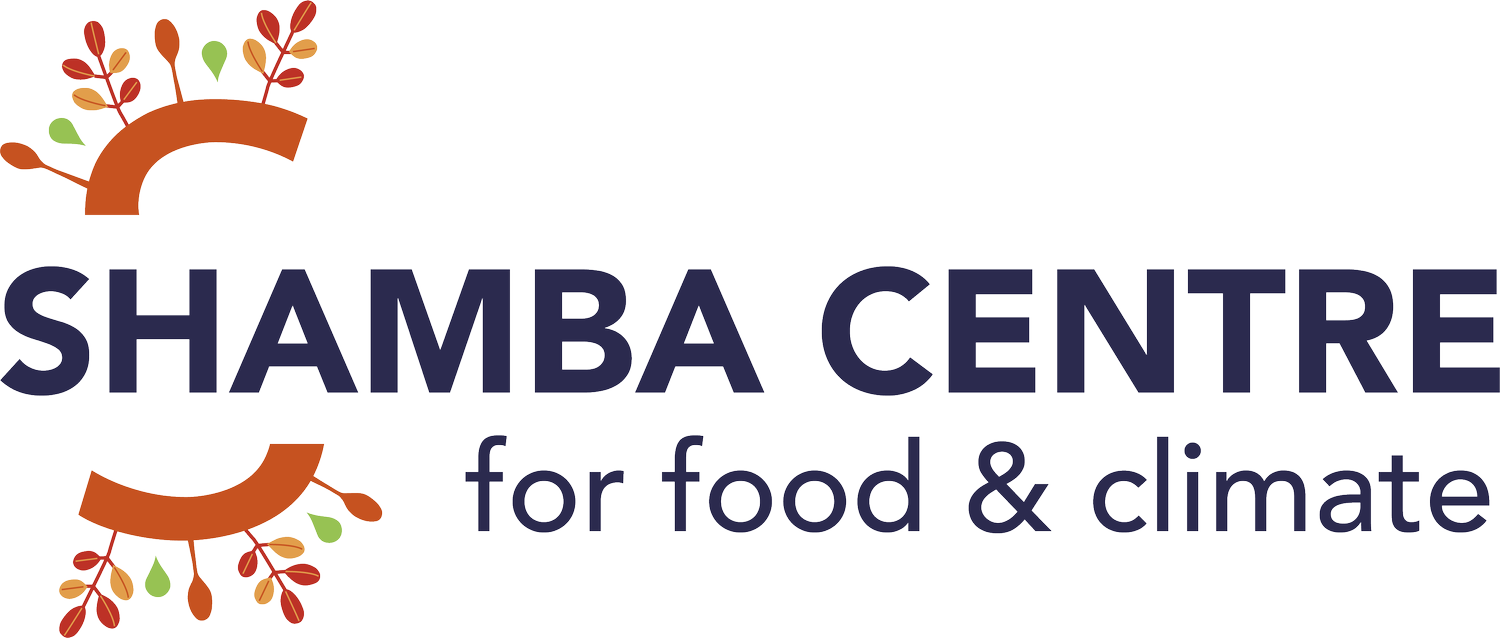
The role of civil society in supporting efforts by the private sector to end hunger and malnutrition
27 August 2025, Francine Picard, Co-founder and Director of Partnerships at the Shamba Centre for Food & Climate and Zero Hunger Coalition Coordinator
How can we build effective bridges between civil society and the private sector to achieve a common goal: ending hunger and malnutrition?
To begin, we must recognise that each of these two groups is very eclectic and made up of different types of organisations. For example, civil society includes international NGOs, community organisations, intent-driven networks, farmers’ unions, and citizen groups with different mandates, priorities and actions. Meanwhile, the private sector ranges from large multinational corporations to small- and medium-sized enterprises (SMEs). Each has different business models, resources available and levels of engagement.
Within this diverse landscape, how can civil society support a company’s commitments to end hunger and malnutrition? This can be achieved in three ways.
First, civil society can offer dialogue and constructive pressure. Many companies may have made ambitious commitments to sustainability, nutrition, and inclusive food systems. However, these commitments often remain aspirational: targets may lack clear baselines, progress may not be measured, and trade-offs with profitability can dilute ambition. Without external scrutiny, even well-intentioned goals risk stagnating or being deprioritised.
Civil society can help ensure this does not happen. This can be done by creating spaces for open dialogue and by applying constructive pressure when progress falls short. Civil society can push companies to articulate how their commitments translate into measurable actions, clarify who is accountable for delivery, and disclose both successes and shortcomings. For example, civil society can raise red flags and mobilise public opinion to demand credibility. At the same time, when companies achieve their commitments, civil society can spotlight good practices and valid achievements.
In this way, civil society acts not only as a watchdog but also as a partner in accountability, offering both challenge and encouragement.
Second, civil society can offer knowledge. Too often, companies’ sustainability or nutrition strategies are developed in corporate headquarters far removed from the realities of communities on the ground. As a result, commitments may fail to align with national priorities, overlook local needs, or be designed in ways that make their impact difficult to measure.
Civil society can bridge this gap by providing grounded, evidence-based insights. Through research and direct engagement with governments and communities, civil society can identify interventions most likely to reduce hunger and malnutrition.
This is the goal of the Zero Hunger Private Sector Pledge — an initiative launched at the UN Food Systems Summit in 2021 and co-led by 13 civil society organisations and several multilateral agencies. The Pledge offers a clear roadmap, grounded in the evidence and economic modelling in the Ceres2030 study. It identifies 10 high-impact priority interventions to contribute to food and nutrition security and the 90 target countries with the greatest need. In this case, civil society provides the methodology, monitoring framework, and the links with government to help companies maximise their impact.
Finally, civil society can offer empowerment. While large multinationals often dominate public discussions, small- and medium-sized enterprises (SMEs) form the backbone of local food systems. These SMEs are closest to farmers, workers, and consumers, yet they frequently lack resources, technical expertise, or access to tools that could help them integrate nutrition and sustainability goals into their operations.
Here, civil society can act as an enabler. It can serve as a facilitator and technical partner by providing advice adapted to the local context, practical tools to integrate nutrition goals into business models, and partnerships with local authorities, donors, or other members of civil society.
For example, in Bangladesh, GAIN and the SUN Business Network supported 12 local SMEs to implement nutrition-focused workplace programmes under the Workforce Nutrition initiative. These businesses were not only encouraged but also equipped with the tools and knowledge they needed to improve employee nutrition. In such cases, civil society functions as both coach and connector, ensuring that smaller businesses — which collectively have enormous reach — are empowered in their efforts to end hunger and malnutrition.
Ending hunger and malnutrition requires more than commitments; it must be backed up with tangible results. Civil society and the private sector each bring distinct strengths. By working together — through dialogue and constructive pressure, shared knowledge, and empowerment — they can accelerate progress toward zero hunger.
Francine Picard, Co-founder and Director of Partnerships at the Shamba Centre for Food & Climate, is the Coordinator of the Zero Hunger Coalition. She participated in a panel discussion during UNFSS+4 on “Business/Towards greater corporate accountability” organised by the UN Global Compact, the UN Environment Programme and the World Benchmarking Alliance. The above text is based on her remarks.
